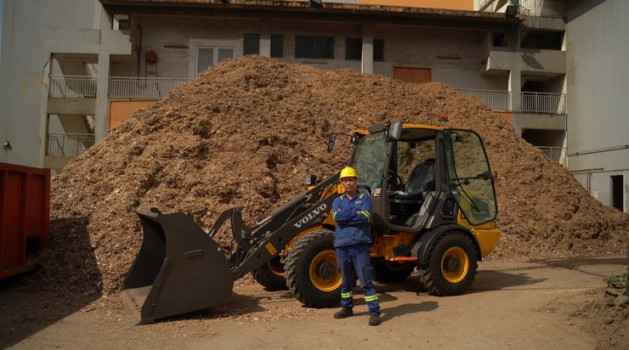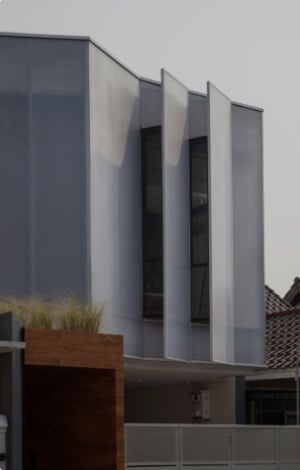MAPEI LAUNCHES ZERO LINE: DELIVERING PROJECTS WITH OFFSET CO2 EMISSIONS




Mapei has unveiled its Zero line, which comprises products with fully offset CO2 emissions. This new range aims to reduce environmental impact without compromising on performance.
The CO2 emissions of products from the Zero line are quantified using standardised LCA (life cycle assessment) methods. Their residual CO2 emissions are fully offset using certified carbon credits.
How is CO2 measured?
CO2 emissions from Mapei products are expressed in kg CO2 eq / kg of product and are calculated using standardised LCA methodology. For each product, the environmental impact is evaluated throughout every stage of its life: from extraction of the raw materials that make up the formula to their transport to the production plant, the production cycle, product packaging, waste materials, transporting the finished product to the distributor and its final disposal.
The results obtained through LCA are verified and certified by an external body by means of an EPD (environmental product declaration) published with the international EPD system. An EPD documents the environmental effect of a product throughout its life cycle and, in the construction sector, are a great help to architects, design engineers and other buyers for a better understanding of the sustainability characteristics and impact on the environment of a product.
Mapei offsets the CO2 residual emissions generated by all activities involved in the production of its products through reforestation projects and biodiversity conservation.

Buildings are subjected to dynamic stresses every day, which will eventually lead to the opening of cracks into concrete elements. These cracks not only cause structural damage, but also represent a way for aggressive agents to enter such as carbon dioxide and chlorides, which, combined with water and oxygen action, generate the beginning of corrosion phenomena. To overcome this problem, Mapei has launched its Zero line, comprising products with fully offset CO2 emissions.
Mapei’s Zero line aims to reduce environmental impact without compromising on performance. The CO2 emissions of the products are calculated using standardised LCA (life cycle assessment) methodology. For each product, the environmental impact is evaluated throughout every stage of its life.
ABOVE: Thanks to their special formulation, Mapei’s Zero repair mortars feature excellent fatigue resistance, which has been proven by tests in external laboratories. These products are designed to increase the dynamic flexural strength of repaired concrete elements, resulting in increased resistance to cracking.
BELOW: This graph shows how a mortar from the Zero line, used to repair concrete, is able to increase its dynamic flexural strength characteristics. Specifically, it can be seen that with the same number of load cycles, the dynamic flexural strength is significantlyhigher.
Crack resistance for higher durability
Buildings are subjected to dynamic stresses on a daily basis, which will eventually lead to the opening of cracks into concrete elements. These cracks not only cause structural damage, but also represent a way for aggressive agents to enter such as carbon dioxide and chlorides, which, combined with water and oxygenaction, generate the beginning of corrosion phenomena.
Thanks to their special formulation, Mapei’s Zero repair mortars feature excellent fatigue resistance, which has been proven by tests in external laboratories. These products are designed to increase the dynamic flexural strength of repaired concrete elements, resulting in increased resistance to cracking. Among the highlights of Mapei’s Zero mortars, especially for the Singapore market, include:
- Mapefer 1K Zero: one-component, anti-corrosion cementitious mortar, which is applied to steel reinforcement to prevent the formation of rust.
- Planitop Smooth & Repair R4 Zero: structural R4-class, quicksetting, thixotropic, fine-grained cementitious mortar, which is ideal for structural repairs and skimming internal and external horizontal and vertical concrete surfaces. It is also suitable for repairing structures exposed to the air and in permanent contact with water.

Mapei’s Zero line for the Singapore market currently includes: the Mapefer 1K Zero (left), one-component, anti-corrosion cementitious mortar that is applied to steel reinforcement to prevent the formation of rust; and the Planitop Smooth & Repair R4 Zero (right), structural R4-class, quick-setting, thixotropic, fine-grained cementitious mortar, which is ideal for structural repairs and skimming internal and external horizontal and vertical concrete surfaces.









 Indonesia
Indonesia
 Australia
Australia
 New Zealand
New Zealand
 Philippines
Philippines
 Hongkong
Hongkong
 Malaysia
Malaysia








